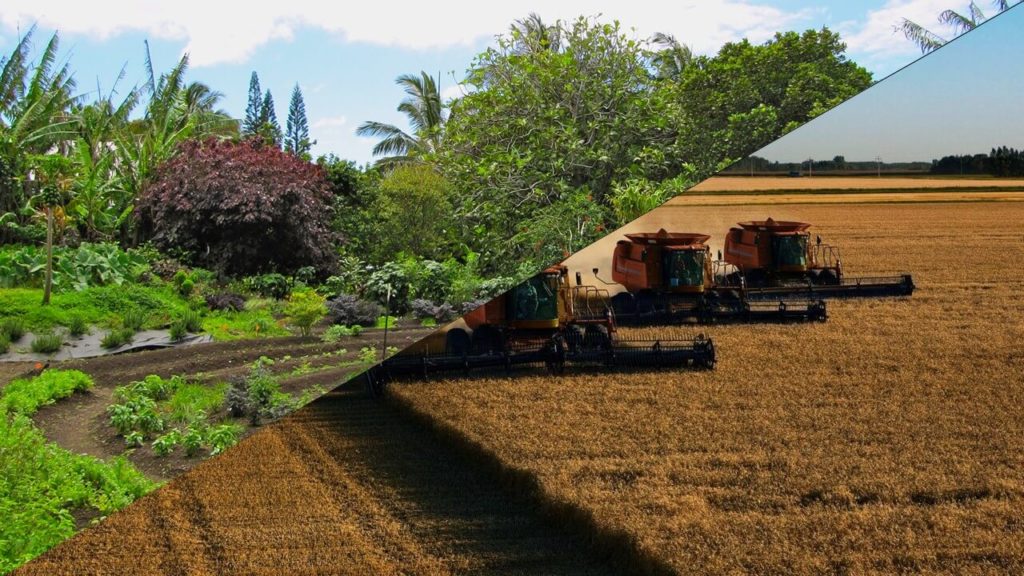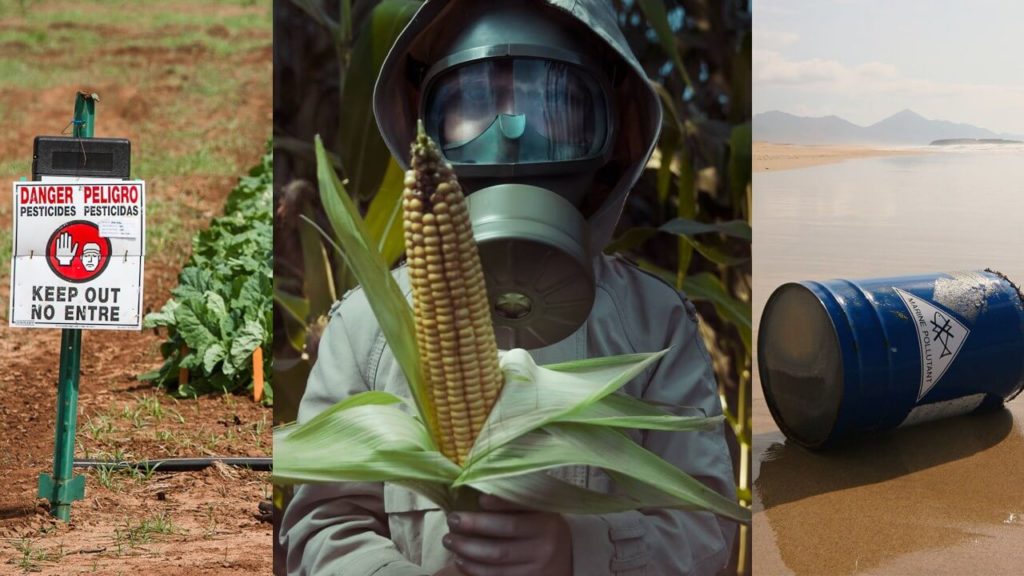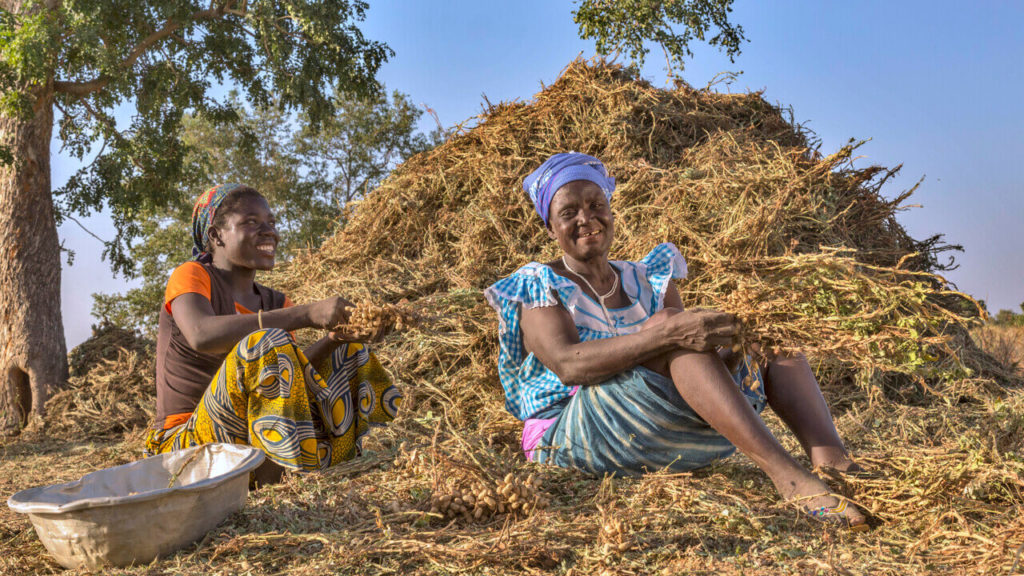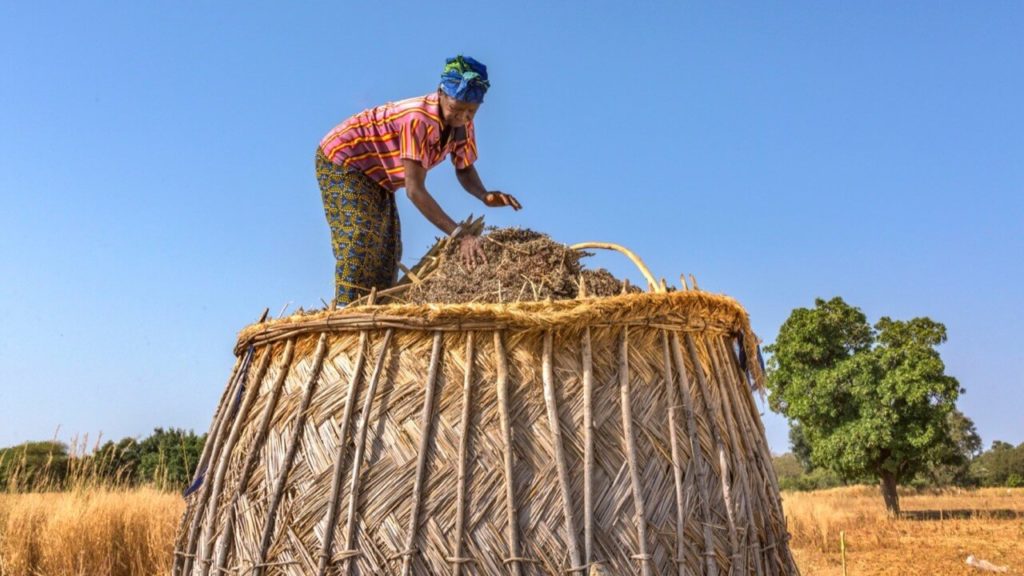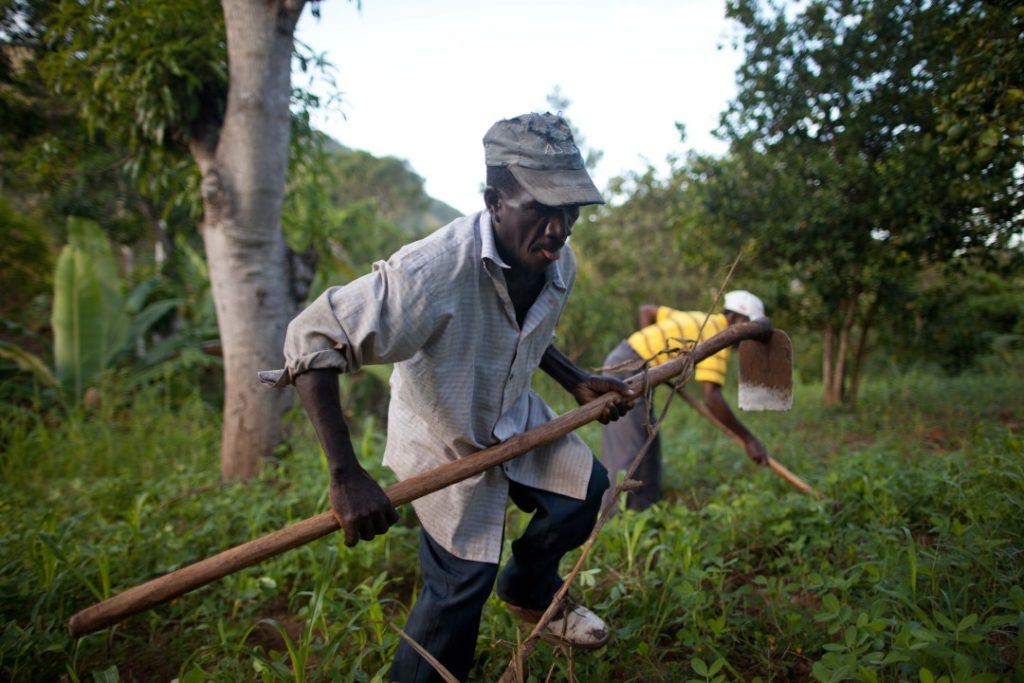We take great pride in announcing the re-release of our book, “Fertile Ground: Scaling Agroecology from the Ground Up,” edited by Groundswell’s Co-Founder and Executive Director Steve Brescia, as an open-source edition published with Practical Action Publishing, launching November 15, 2023. Since the initial publication of this book in 2017, global events have only served to reaffirm our original motivation for documenting and sharing these invaluable agroecological case studies, along with the profound insights and recommendations they offer.
We seek to honor the remarkable successes, challenges, and narratives of the countless individuals, communities, and civil society organizations who generously contributed to the content of this volume, and extend the reach of this vital knowledge, by providing the electronic version at no-cost.
Agroecology as a Catalyst for Positive Change
There is a growing recognition that the fundamental structure and regulations governing our agricultural and food systems, and by extension, our broader economic and political systems, have propelled us into what is increasingly called a ‘polycrisis.’ Any society that wishes to thrive long-term must organize itself to ensure the sustained well-being of its people and the preservation of the ecosystems that support them. This isn’t happening, and the need for systemic changes is abundantly clear.
Agroecology catalyzes positive transformation in our broken agricultural and food systems, which bear significant responsibility for climate change, contributing to the alarming global rise in obesity and diet-related illnesses, and increasing global hunger. As a field, agroecology is in a state of continuous expansion, producing practical and scalable solutions for a just transition towards sustainable, nourishing diets, regeneration of soils and landscapes, and empowering farmers and pastoralists to confront and mitigate the impacts of climate change. For those reasons, it is garnering increasing support from various institutions.
Resilience In Crises
In 2018, the United Nations Food and Agricultural Organization (FAO) embarked on the ‘Scaling up Agroecology Initiative’ in collaboration with multiple UN agencies and governments. They perceive agroecology as a significant contributor to 15 of the 17 Sustainable Development Goals (SDGs) and pledged to “offer technical assistance to a minimum of 20 countries in transitioning to agroecology.” Numerous governments, international development organizations, academic institutions, and funders are increasingly recognizing the significance of agroecology and supporting its expansion. Most crucially, the agroecology movement is gaining momentum among farmers, producers, and food consumers worldwide – which is all of us.
Numerous crises are impacting our world today, and while this introduction won’t try to catalog them all, it’s crucial to highlight some recent trends that underscore the significance of agroecology.
- Growing Hunger: In 2021, hunger escalated, with approximately 2.3 billion people worldwide (29.3%) facing moderate to severe food insecurity. This included 924 million people in the latter category, marking an increase of 350 million since before the COVID-19 pandemic.
- Debt Crisis: The debt crisis is intensifying, with 60% of low-income countries at high risk of debt distress in 2022, a stark rise from the level of 20% a decade earlier.
- Climate Chaos: Climate change continues to manifest in unprecedented ways, leading to frequent and severe droughts, floods, heat waves, and wildfires. The notion of “once in 100 or 500-year events” has become obsolete.
- Pandemic Impact: The COVID-19 pandemic, by mid-2023, resulted in over 6.9 million global deaths, triggered the most substantial recession since World War II, and fundamentally altered how people live, work, travel, produce, and trade worldwide.
- Conflict in Ukraine: Russia’s invasion of Ukraine, a significant breadbasket of Europe, contributed to higher global prices and shortages of fossil fuels, fertilizers, and food. This conflict and shifting international relations have disrupted global supply chains and trade.
- AI Concerns: In early 2023, concerns regarding the unchecked power of artificial intelligence (AI) surged in public consciousness. Leading AI figures called for a six-month pause in “giant AI experiments” and advocated for robust regulation of AI. Under neoliberal economic models, many corporations are using AI, big data, and digital technology to further restructure and industrialize our failing agricultural and food systems.
Agroecology’s role in addressing these challenges is essential, as it offers sustainable solutions for food security, ecological resilience, and social well-being.
Uniting Through Imagination and Action
Agroecology inherently represents an extensive global network of human intelligence intricately woven throughout the world’s diverse ecosystems. At its essence, it champions food sovereignty, empowering localized production and control over vital resources such as seeds, land, and trees. It fosters decentralized markets and consumption patterns. Agroecology favors people, the environment, appropriate technological advancements, grassroots economic growth, and the democratization of knowledge, influence, and resources.
Just as we recognize the necessity and feasibility of transitioning away from fossil fuels in energy, transportation, and manufacturing, the same holds for agriculture and food systems. These sectors possess immense potential for reducing greenhouse gas emissions and sequestering atmospheric carbon. We can restore soil fertility and food production through biological and ecosystem-based approaches, replacing dependence on fossil fuel-driven chemical inputs. We can also shift from vulnerable, lengthy supply chains and extensive food miles to healthier, localized markets and circular economies.
As emphasized in the introduction of this book, smallholder farmers and food producers, comprising nearly one-third of the global population and responsible for most of our food supply, wield significant potential to pioneer grassroots solutions to our multifaceted challenges. They represent a decentralized network for grounded innovation, working with nature instead of against it. They require essential resources and policy support to scale these solutions.
Imagination may be one of the scarcest resources in the world today. The cases and insights presented in this book illuminate how farmers, communities, and consumers worldwide are already bridging the gap between imagination, organization, and action to generate ground-up solutions in even the most adverse conditions. Taken together, their endeavors illuminate the guiding principles that can underpin the development of healthier agricultural and food systems, as well as societies. Our shared mission is to join our imagination and action with theirs in building a more just, equitable and regenerative future.



